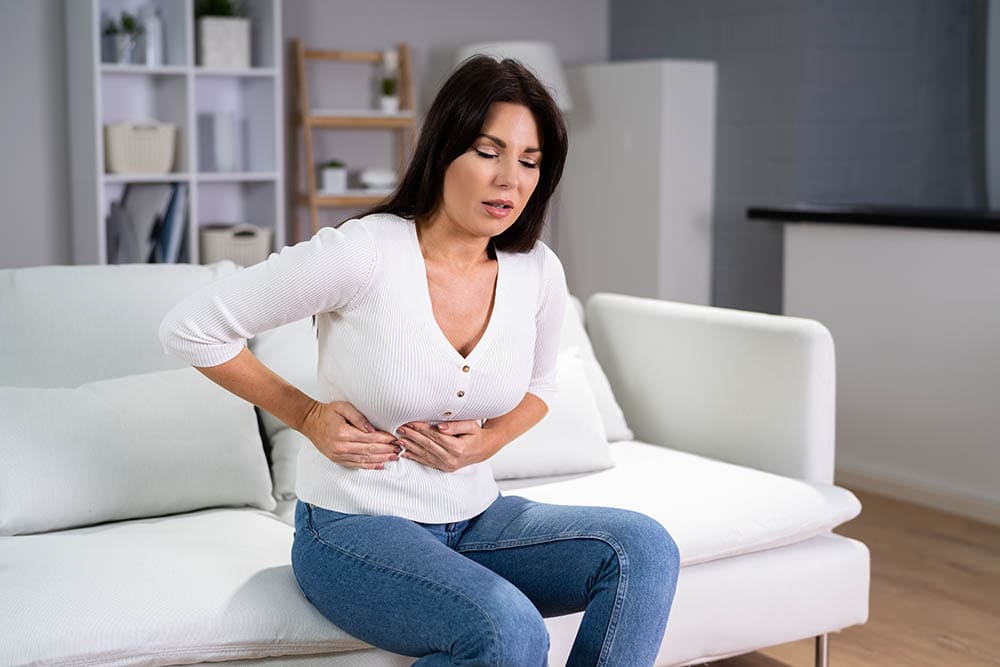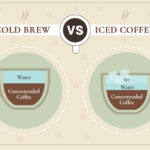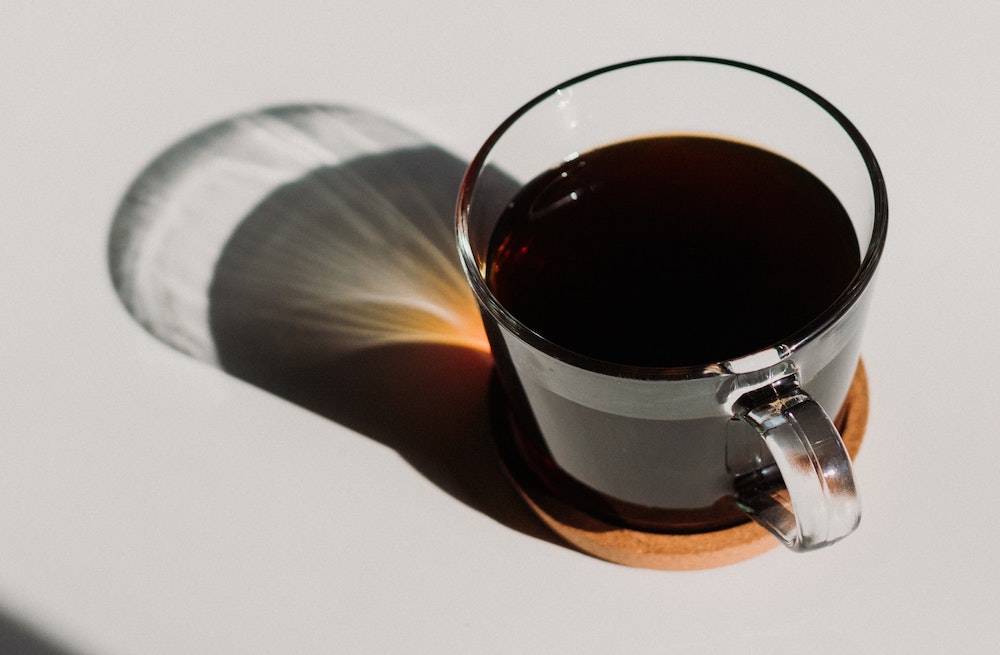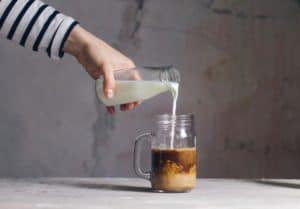
Approximately 35% of the United States population suffers from Diverticulitis.1 Young adults, and even people up to the age of fifty or even higher, can suffer from Diverticulosis or Diverticulitis. Both conditions are commonly confused, but they both directly affect the gastrointestinal tract and are caused by a lack of fiber in the diet. Diverticula are small pouches of bacteria that form in your colon due to the intense pressure that comes from a lack of fiber. Diverticulitis is when the pouches become inflamed or infected and cause abdominal pain.
Coffee has one of the higher caffeine counts, ranging in caffeine from 64mg to almost 100mg of caffeine per cup. Caffeine is a stimulant, but it also increases the contractions in your lower intestines and colon, which is why many people need to use the restroom after their first cup of coffee in the morning. This overstimulation can cause more abdominal cramping and pain for people suffering from Diverticulitis. At the end of the day, as much as you may love your coffee, coffee and Diverticulitis are not a match made in heaven. Drinking coffee can trigger a worsening of symptoms of Diverticulitis.
What is Diverticulitis?
Diverticulitis is the advanced form of Diverticulosis. Diverticula, are small pouches that can form in your lower intestines and colon. Diverticulosis is the presence of pouches along the inside lining of your intestines.
Diverticulitis can cause severe abdominal pain, fevers, nausea, severe cramping, and blood in the stool. The inflammation can occur when the pockets become packed with or exposed to waste in the large intestine, causing a buildup of nasty bacteria. This infection can be acute or chronic, but both require medical attention to treat fully. Over time, this inflammation can lead to a bowel obstruction and the inability to keep your food down due to the severe nausea. If you leave Diverticulitis untreated, you may see serious complications that require surgery, like:
- Abscesses: Pus from the infection can form around the diverticula, and if it gets through your intestinal wall, the infection can be fatal.
- Perforation or internal tearing: Any tearing of the intestinal tract can lead to more abscesses, which increases the risk of other infections.
- Scarring: The healing process from Diverticulitis may leave intestinal scarring, which may lead to extra blockage of your intestines.
- Fistulas: This can happen when a diverticulum attaches to another organ, typically between the large intestine and your bladder. This connection can lead to a kidney infection.

Coffee with Diverticulitis
Diverticula are caused by low-fiber diets, and if you happen to have a low-fiber diet, especially paired with foods high in refined sugars and excess fats, it can cause a sluggish digestive system, which increases your chances of forming diverticula and Diverticulitis. The stimulant nature of caffeine leads to an increase in contractions in your lower intestines and colon, but this overstimulation is a surefire way to cause yourself more abdominal pain if you have symptoms of Diverticulitis.
You can worsen other symptoms and the chances of inflammation if you continue to drink regular coffee. Switching to decaf coffee instead of normal coffee can reduce your risk of developing Diverticulitis, as it eliminates the excess caffeine and abdominal cramping.
While it is not recommended to drink coffee at all if you are at risk of Diverticulitis, if you find yourself (like many of us) incapable of cutting coffee out entirely, decaf may be your solution. This way, you can still enjoy your beloved morning cup of coffee without the added risk.
Final Thoughts
While the presence of diverticula alone isn’t a cause for concern, the inflammation and subsequent Diverticulitis are. We all love drinking our morning coffee, but regular strength coffee can increase the chances of diverticula in your gut becoming inflamed or infected.
High fiber diets are the best way to prevent the onset of Diverticulitis, and the presence of high fiber foods has a proven positive impact on your digestive and bowel health. If you have Diverticulitis, drinking coffee can be painful and lead to further aggravation of any symptoms you already have.
You may also be interested in:
- Diverticulitis – Symptoms and causes – Mayo Clinic
- Diverticulitis: Symptoms, Causes, Diagnosis, Treatment, Surgery (webmd.com)
- Coffee and Diverticulitis Guide: Beware! Whydoescoffeemakeyoupoop.com
- Caffeine and Diverticulitis – HealthyWomen
- Diverticulitis Diet: Foods to Eat, Avoid, and More (healthline.com)
Featured Image Credit: onstockphoto, Shutterstock
Table of Contents














